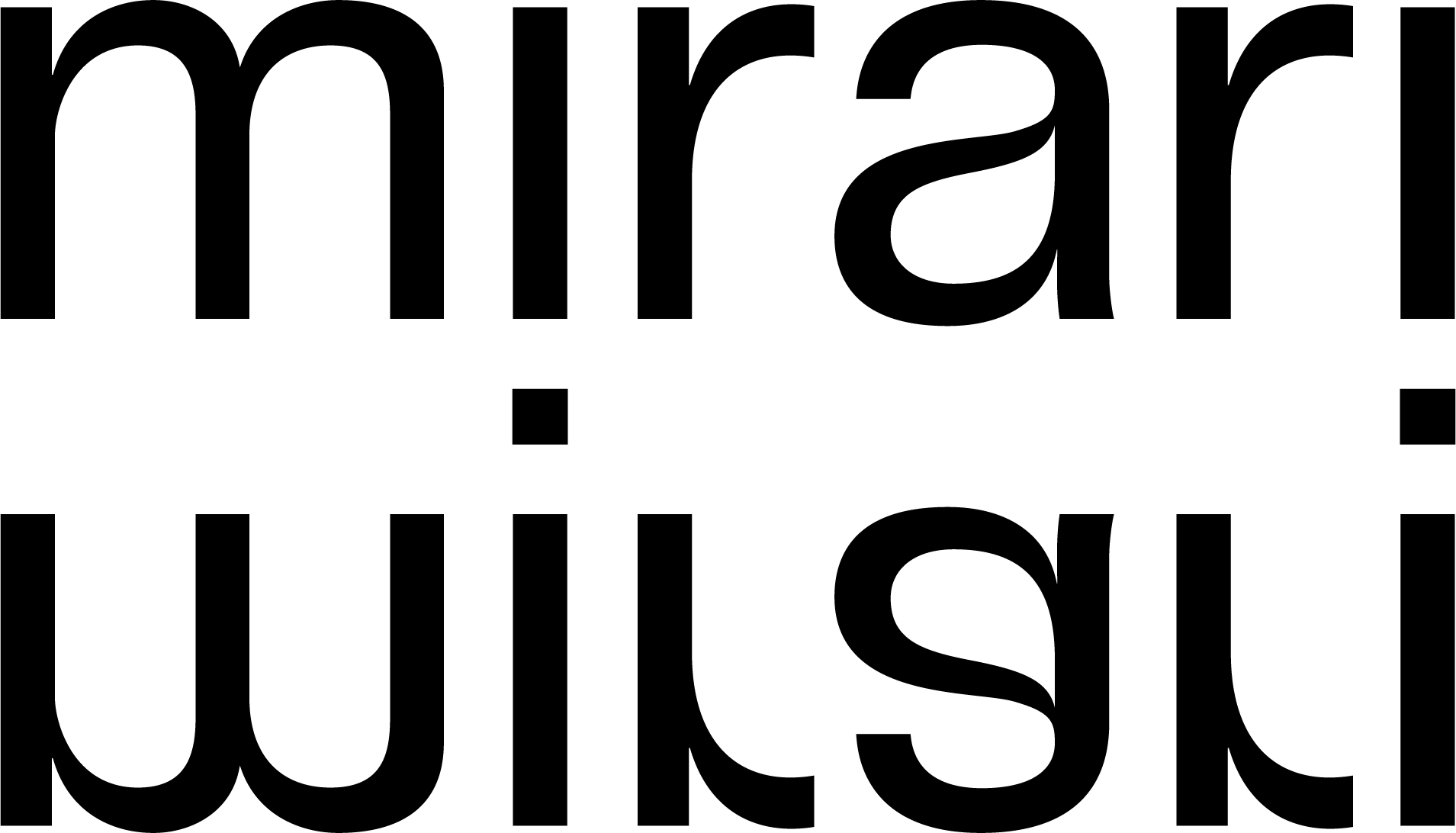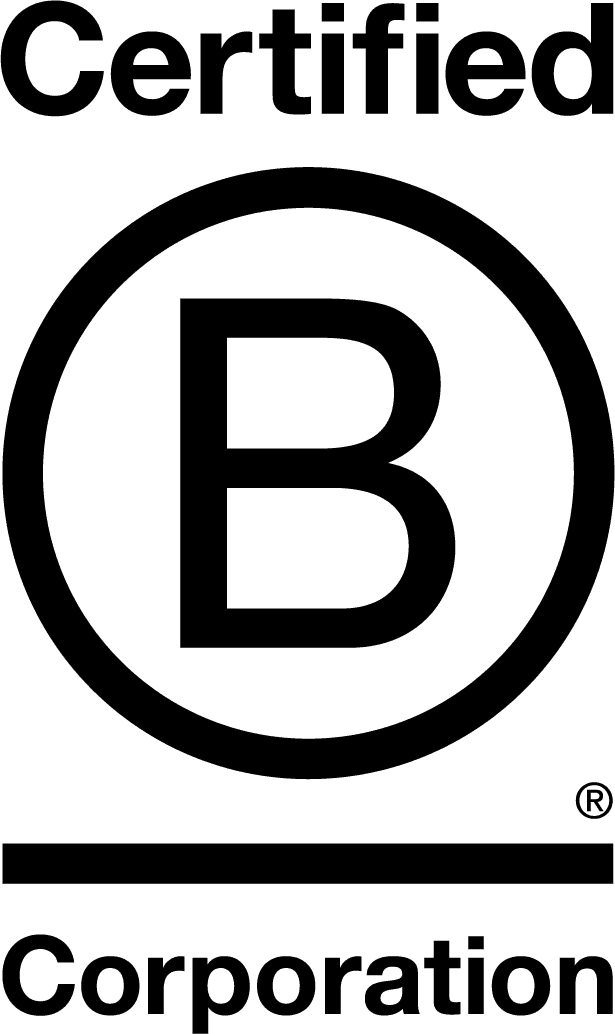

STUDIO HUB MTL INC.

1.6
Quebec, Canada
June 2025
Arts & entertainment
Service with Minor Environmental Footprint
Canada,
Japan
mirari Fondée en 2015 à Montréal, mirari imagine des espaces, des installations et des œuvres qui transforment la perception du public. Notre équipe de créateurs et de créatrices tire ce savoir-faire de sa profonde expérience dans le monde des arts vivants. mirari est avant tout une histoire de rencontres : celles qu’elle provoque volontairement entre le spectateur et l’œuvre, mais aussi celles inattendues qui se produisent au détour d’échanges et de dialogues avec nos clients et collaborateurs. Ce rapport à l’autre est constamment au cœur du processus de création de notre équipe. Nous recourrons aux outils et médias propres aux arts de la scène pour jouer avec le regard du spectateur et insuffler du sens et de la poésie aux différents lieux que nous métamorphosons. Une empreinte tangible et résolument humaine transparaît dans les nombreux projets que mirari conçoit pour la scène, l’espace public et les événements d’envergure. Nos idées universelles transcendent les frontières. mirari collabore avec des clients d’ici et d’ailleurs, tissant des liens uniques entre Montréal et le Japon, en passant par la Nouvelle-Zélande, l’Europe et le Pérou, pour ne nommer que ceux-là.
Overall B Impact Score
Governance 15.6
Governance evaluates a company's overall mission, engagement around its social/environmental impact, ethics, and transparency. This section also evaluates the ability of a company to protect their mission and formally consider stakeholders in decision making through their corporate structure (e.g. benefit corporation) or corporate governing documents.
What is this? A company with an Impact Business Model is intentionally designed to create a specific positive outcome for one of its stakeholders - such as workers, community, environment, or customers.
Workers 26.7
Workers evaluates a company’s contributions to its employees’ financial security, health & safety, wellness, career development, and engagement & satisfaction. In addition, this section recognizes business models designed to benefit workers, such as companies that are at least 40% owned by non-executive employees and those that have workforce development programs to support individuals with barriers to employment.
Community 17.6
Community evaluates a company’s engagement with and impact on the communities in which it operates, hires from, and sources from. Topics include diversity, equity & inclusion, economic impact, civic engagement, charitable giving, and supply chain management. In addition, this section recognizes business models that are designed to address specific community-oriented problems, such as poverty alleviation through fair trade sourcing or distribution via microenterprises, producer cooperative models, locally focused economic development, and formal charitable giving commitments.
Environment 9.0
Environment evaluates a company’s overall environmental management practices as well as its impact on the air, climate, water, land, and biodiversity. This includes the direct impact of a company’s operations and, when applicable its supply chain and distribution channels. This section also recognizes companies with environmentally innovative production processes and those that sell products or services that have a positive environmental impact. Some examples might include products and services that create renewable energy, reduce consumption or waste, conserve land or wildlife, provide less toxic alternatives to the market, or educate people about environmental problems.
Customers 14.1
Customers evaluates a company’s stewardship of its customers through the quality of its products and services, ethical marketing, data privacy and security, and feedback channels. In addition, this section recognizes products or services that are designed to address a particular social problem for or through its customers, such as health or educational products, arts & media products, serving underserved customers/clients, and services that improve the social impact of other businesses or organizations.
What is this? A company with an Impact Business Model is intentionally designed to create a specific positive outcome for one of its stakeholders - such as workers, community, environment, or customers.